Permian-Triassic Evolution of Tethys and Western Circum-Pacific
Permian and Triassic are the interval known for the integration and separation of Pangea, the closure of the Palaeotethys and the opening of Mesotethys. They were associated with a series of worldwide events including the Late Palaeozoic glaciation and succeeding extensive evaporatic and reef formations, the end-Palaeozoic regression, strong orogenies and widespread volcanism and magmatism, and finally, the Permo-Triassic biotic macro-extinction. These events resulted in the formation of enormous reserves of coal, petroleum, evaporites, phosphorites and metal resources. The Permian and Triassic thus constitutes a time interval particularly important both for understanding the Earth's history and for exploration of mineral resources. The book aims to reconstruct the Permian-Triassic history of Pangea, Palaeo-Tethys and Palaeo-Pacific through stratigraphic, palaeogeographic and other interdisciplinary approaches. It consists of two parts. Part 1 deals with regional stratigraphy of Tethyan and western Circum-Pacific countries which is the basis for interregional correlation, and palaeogeography. Part 2 deals with the biotic evolution at the Permian-Triassic transition, focusing on the major invertebrate groups: foraminifers, radiolarians, brachiopods, ammonoids and conodonts.
{{comment.content}}
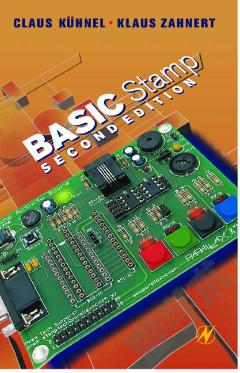
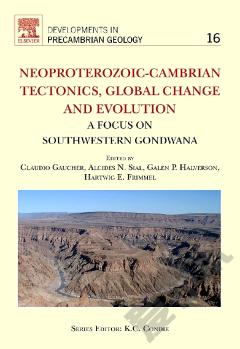
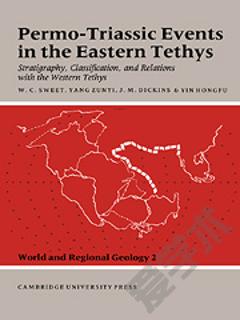

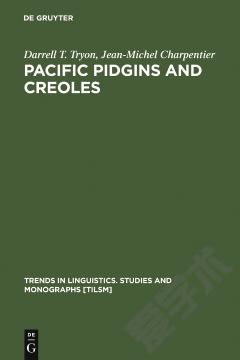
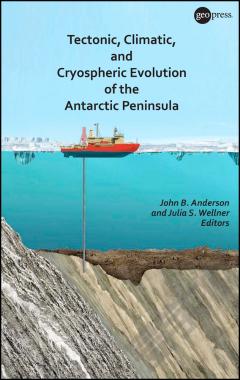


 京公网安备 11010802027623号
京公网安备 11010802027623号